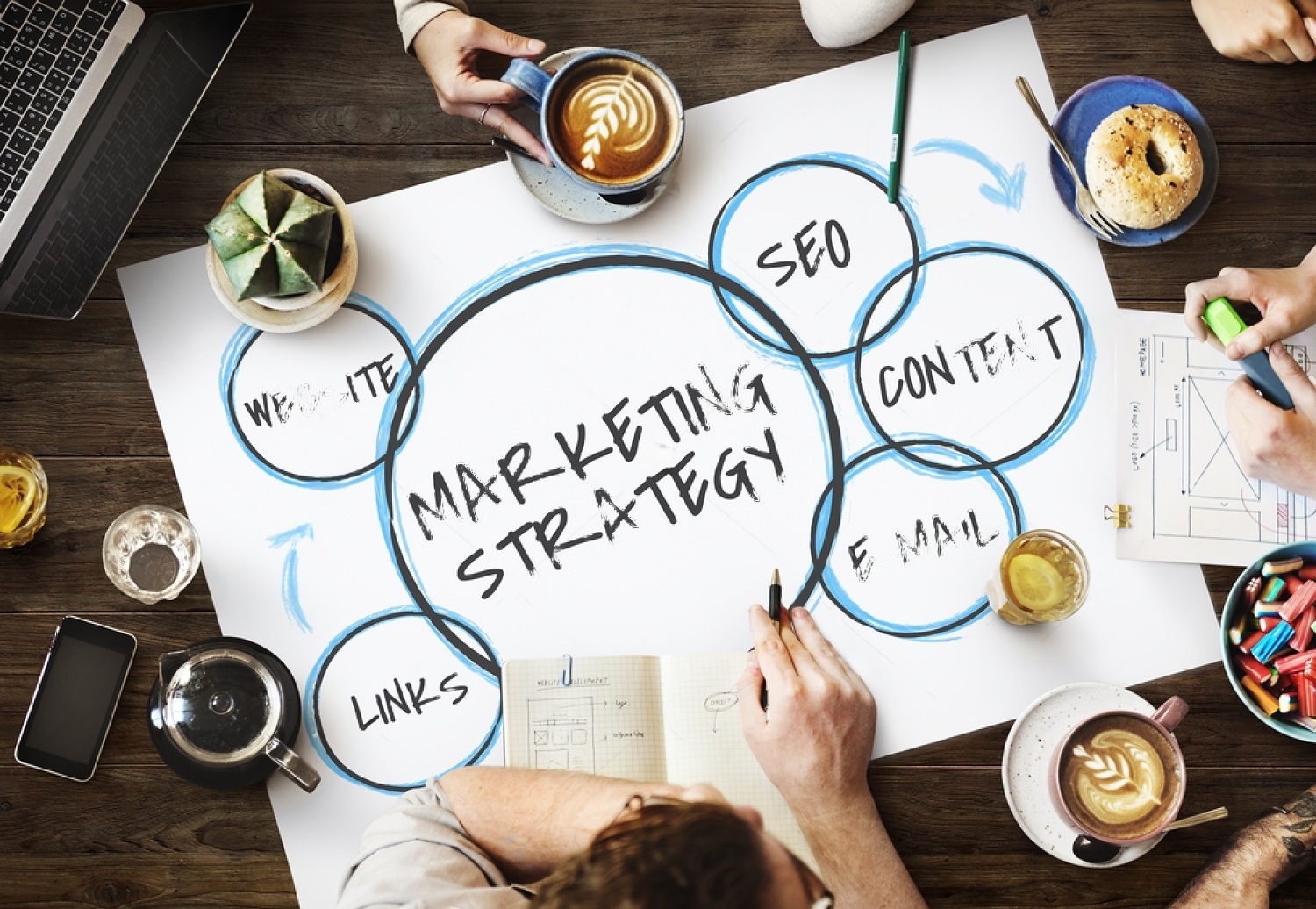In the fast-paced and ever-evolving world of business, effective marketing has become the cornerstone of success. Gone are the days when businesses relied solely on traditional advertising methods to reach their target audience. In today’s digital age, unlocking the power of marketing requires embracing a diverse range of strategies that cater to the preferences and behaviors of the modern consumer. In this article, we will explore the most effective marketing strategies that can propel businesses to new heights of success.
1. Embracing the Digital Landscape
The digital revolution has transformed the way businesses operate, and marketing is no exception. Today, online platforms provide unparalleled opportunities for businesses to connect with their audience, build brand recognition, and drive sales. From social media marketing to search engine optimization (SEO) and content marketing, the digital landscape offers a plethora of avenues to explore.
Social Media Marketing: With billions of active users across various social media platforms, social media marketing has emerged as a powerful tool for businesses. By leveraging platforms like Facebook, Instagram, Twitter, and LinkedIn, companies can engage with their audience directly, showcase their products or services, and foster a sense of community around their brand.
Search Engine Optimization (SEO): In the age of Google, having a strong online presence is crucial for any business. SEO involves optimizing a company’s website and content to rank higher in search engine results. By appearing on the first page of search engine results, businesses can increase their visibility and attract more organic traffic to their website.
Content Marketing: Providing valuable and relevant content has become an essential part of modern marketing strategies. Content marketing involves creating blog posts, articles, videos, infographics, and other forms of content that resonate with the target audience. By positioning themselves as industry leaders and offering valuable insights, businesses can build trust and credibility among consumers.
2. Personalization and Customer Experience
In today’s competitive market, personalization is no longer an option; it’s a necessity. Consumers expect businesses to understand their individual needs and preferences. Effective marketing strategies involve tailoring products, services, and communications to address the unique requirements of each customer.
Data-Driven Marketing: Thanks to advancements in technology, businesses can now gather vast amounts of data on their customers’ behaviors and preferences. By harnessing this data, companies can gain valuable insights into their target audience, enabling them to create personalized marketing campaigns that resonate on a more profound level.
Customer Journey Mapping: Understanding the customer journey is essential for delivering a seamless and satisfying experience. By mapping out each stage of the customer’s interaction with the brand, businesses can identify pain points and opportunities for improvement. This approach allows for targeted interventions and a better overall customer experience.
Leveraging Artificial Intelligence (AI): AI-powered tools and chatbots have revolutionized customer interactions. AI can analyze customer data, predict preferences, and offer personalized recommendations. Moreover, AI-driven chatbots provide instant customer support, enhancing customer satisfaction and building brand loyalty.
3. Influencer Marketing
Influencer marketing has emerged as a dynamic and impactful strategy for reaching new audiences and building brand awareness. Instead of relying solely on traditional advertising, businesses collaborate with influencers who have a significant following and influence within their niche.
Authenticity and Trust: The success of influencer marketing lies in the authenticity of the collaboration. Audiences tend to trust influencers they follow, and when an influencer genuinely believes in and promotes a product or service, it can have a powerful effect on their followers’ purchasing decisions.
Targeted Reach: Influencers often have a specific niche or demographic they cater to. Partnering with the right influencer allows businesses to reach their target audience directly, ensuring that their message is seen by those who are most likely to be interested in what they offer.
Creativity and Storytelling: Influencers are skilled storytellers, and their ability to weave narratives around products or services can engage audiences in a way that traditional advertising often struggles to achieve.
4. Leveraging User-Generated Content (UGC)
User-generated content has become a goldmine for marketers, offering a unique and authentic way to showcase products and services.
Social Proof: User-generated content serves as social proof of a brand’s credibility. When potential customers see real people using and enjoying a product or service, they are more likely to trust the brand and make a purchase.
Engagement and Community Building: Encouraging customers to create and share content related to the brand fosters a sense of community and engagement. This active participation creates a loyal customer base that feels connected to the brand on a personal level.
Cost-Effective Marketing: UGC is a cost-effective marketing strategy since the content is created by consumers themselves. By leveraging UGC, businesses can save on content creation costs while still maintaining a high level of engagement.
5. Nurturing Customer Loyalty
Acquiring new customers is essential, but retaining existing ones is equally important for sustainable business growth.
Loyalty Programs: Implementing loyalty programs that offer rewards, exclusive discounts, or personalized offers can incentivize repeat purchases and foster brand loyalty.
Personalized Communications: Regularly engaging with customers through personalized email campaigns or app notifications can make them feel valued and appreciated. Tailoring these communications based on customer preferences and behavior can further strengthen the bond between the customer and the brand.
Exceptional Customer Service: Providing outstanding customer service is vital for retaining customers. A positive experience when dealing with any issues or inquiries can turn dissatisfied customers into brand advocates.
Takeaway
Unlocking the power of marketing in modern businesses demands a strategic and holistic approach. By embracing the digital landscape, prioritizing personalization and customer experience, harnessing the potential of influencer marketing and user-generated content, and nurturing customer loyalty, businesses can create a formidable marketing strategy that sets them apart from the competition. In today’s rapidly changing business environment, staying relevant and effective in marketing is not just an option—it’s a necessity for long-term success.











